WASHINGTON, D.C. — An alarming confrontation between Immigration and Customs Enforcement (ICE) agents and an NPR reporter has ignited outrage over press freedom and government transparency in the nation’s capital. Critics are calling the incident an example of creeping authoritarianism, pointing to agents’ refusal to identify themselves and their aggressive attempts to obstruct reporting.
A Reporter Targeted While Covering ICE Activity
The reporter, known online as @chiaraeisner on TikTok, was documenting what had been reported as an ICE raid in Rock Creek Park, Northwest D.C. She also encountered what appeared to be a separate traffic-related arrest.
When she asked the agents to identify themselves, they sidestepped the request. According to her account, they casually tossed out names, briefly flashed badges pinned to their chests, and told her to wait until after the arrest for proper identification. That promise was never kept. Once the arrest concluded, the agents left without a word, never confirming who they were.
Second Encounter Turns Aggressive
Later that same day, the reporter came across a second group of ICE agents. This time, the situation escalated dramatically.
One agent repeatedly ordered her to back up, despite her already standing at a safe distance. As she complied and moved away several times, the agent advanced, warning her that she could be “taken into custody” if she did not retreat further. The agent even physically pushed her back, heightening the intimidation.
To block documentation, several agents deliberately shielded the camera with their bodies, preventing her from filming the arrest taking place. Their tactics ensured that the public would not see the operation unfold.
Online Backlash and Widespread Criticism
The reporter shared footage of the encounters online, and it quickly spread across social media. Viewers condemned the agents’ behavior, questioning why a law enforcement agency operating legitimately would work so hard to hide its activities.
“They even covered their faces,” one commenter noted. “That doesn’t look like accountability — it looks like a secret police force.”
Another person wrote, “Say it with me: when the press is attacked, the truth is their enemy.”
Others described the situation as tyrannical, dystopian, and authoritarian, with many warning that masked officers refusing to show identification is a hallmark of secret police units in authoritarian regimes.
Concerns Over Transparency
For many observers, the refusal to provide proper identification was one of the most troubling aspects of the encounters. Several commenters pointed out that the officers appeared to wear FBI-branded clothing without visible badges, fueling speculation that they were either impersonating multiple agencies or intentionally trying to confuse the public.
“This is egregious,” one user wrote. “Thugs in uniform who don’t care about the law, and they’re blocking journalists to keep the truth hidden.”
A Broader Pattern of Intimidation?
Press freedom advocates note that this is not an isolated case. Reports have increased of ICE and other federal agents attempting to intimidate or obstruct journalists during raids, protests, and community operations. For decades, there has been an understanding that reporters — even in volatile situations — should be protected so they can document events for the public.
Incidents like this one suggest that principle is being eroded. By threatening a journalist with arrest and physically preventing her from filming, critics argue, ICE crossed a dangerous line.
Community Response in Washington
In Washington, D.C., where residents are already grappling with a heightened federal presence, the incident has deepened concerns about civil liberties and government accountability. Community leaders argue that unchecked federal enforcement erodes trust and creates an environment where abuse of power can thrive.
One activist said the incident should alarm everyone, not just journalists: “If they can do this to a member of the press, imagine how they treat ordinary residents when no one is watching.”
Press Freedom at Stake
The confrontation has added fuel to an ongoing national debate about the role of federal enforcement agencies and their interactions with both the public and the press. Critics warn that if such behavior becomes normalized, the result could be a chilling effect on journalism and civic oversight.
As one Reddit commenter bluntly summarized: “A masked police force is a secret police force. Secret police are a hallmark of authoritarian regimes.”
For now, the NPR reporter continues her work, but the incident serves as a stark reminder of the risks journalists face — and the vital importance of defending press freedom in a democratic society.

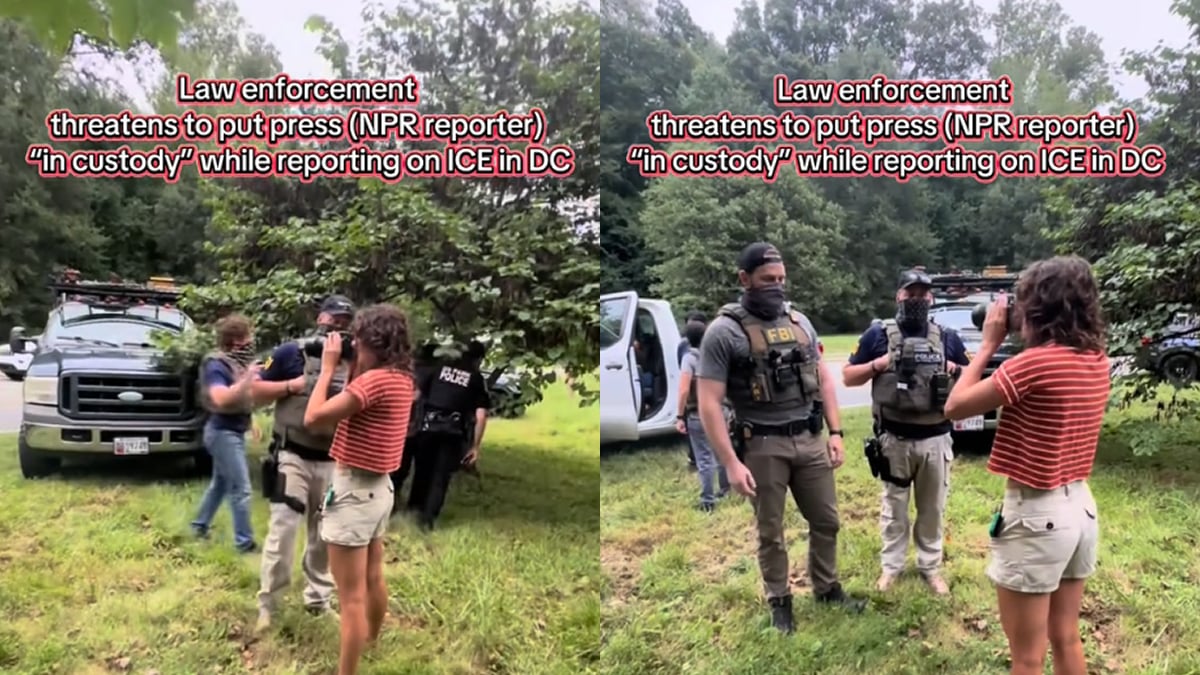
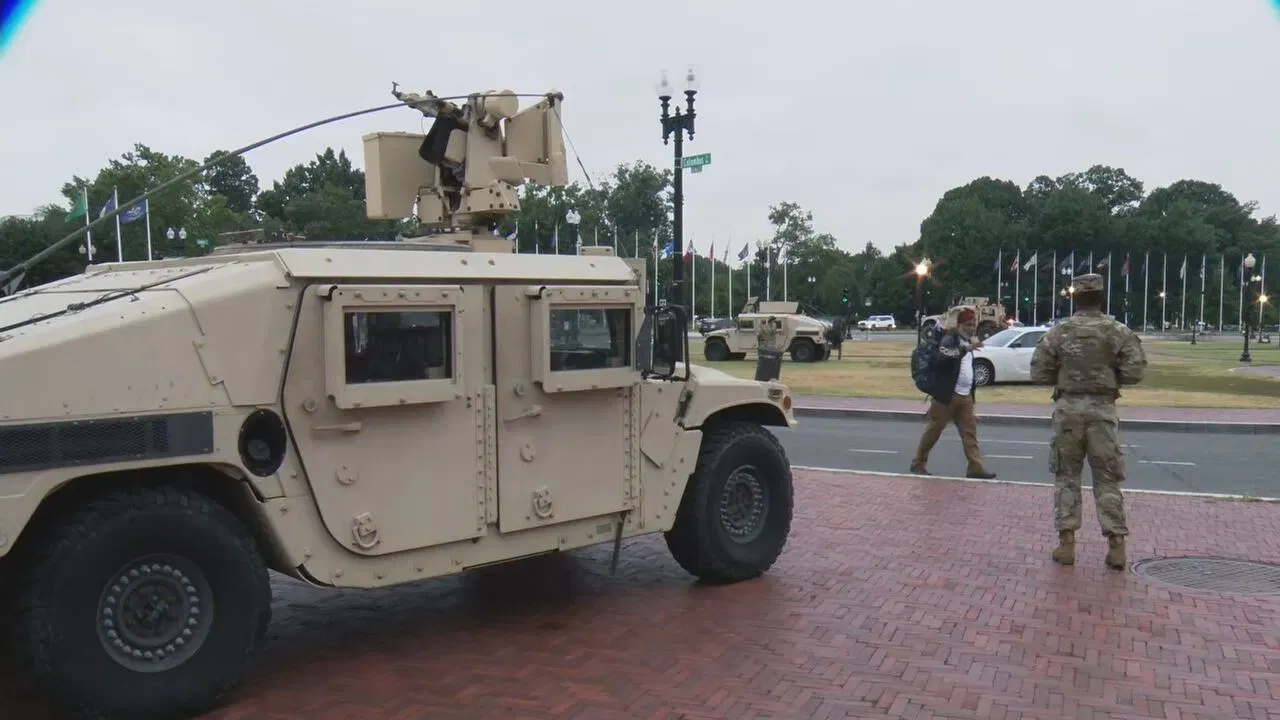
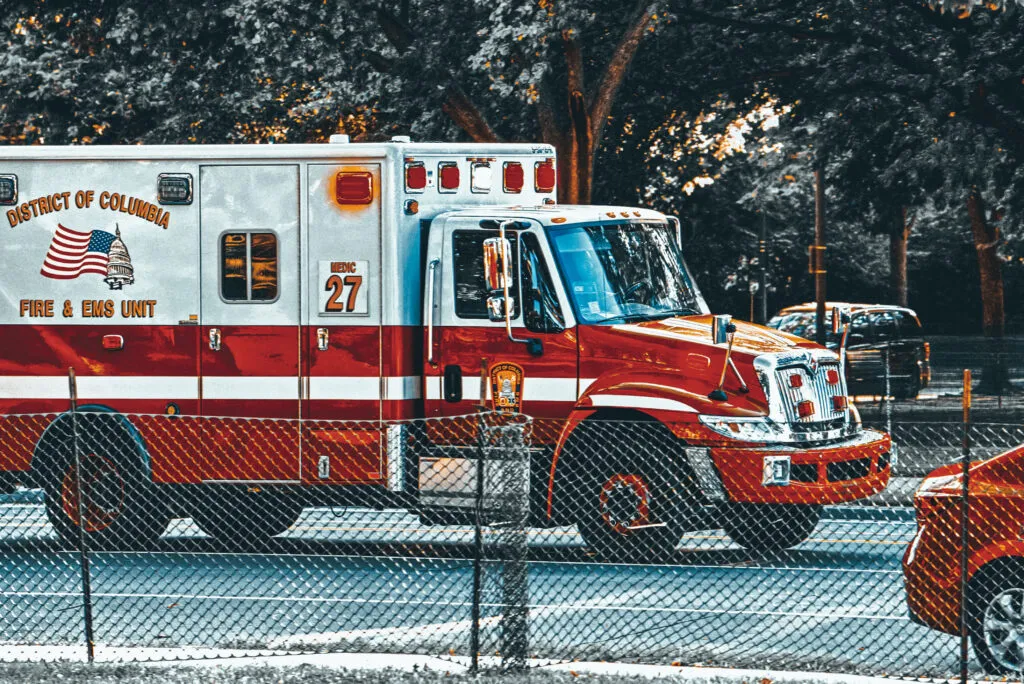

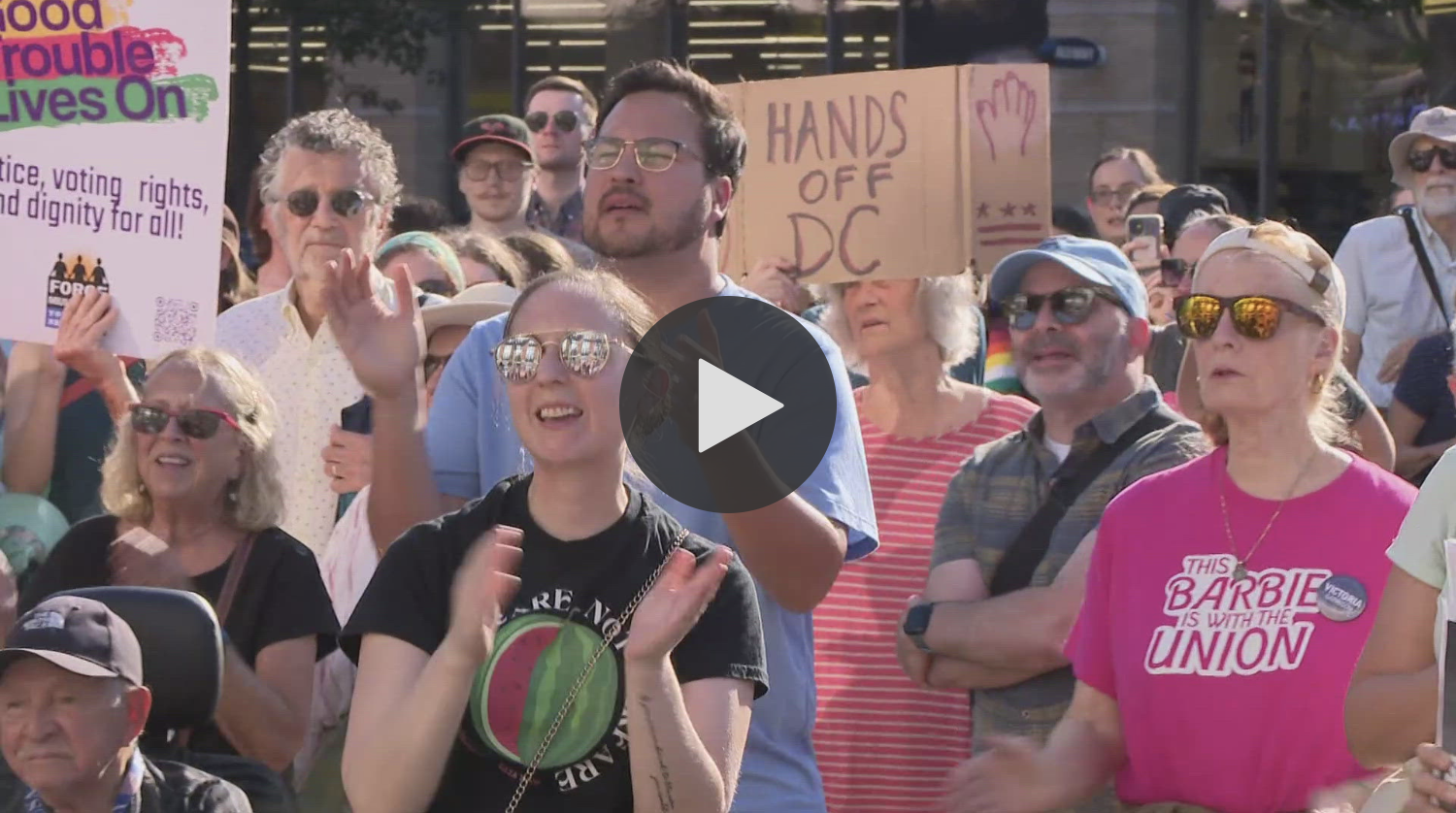
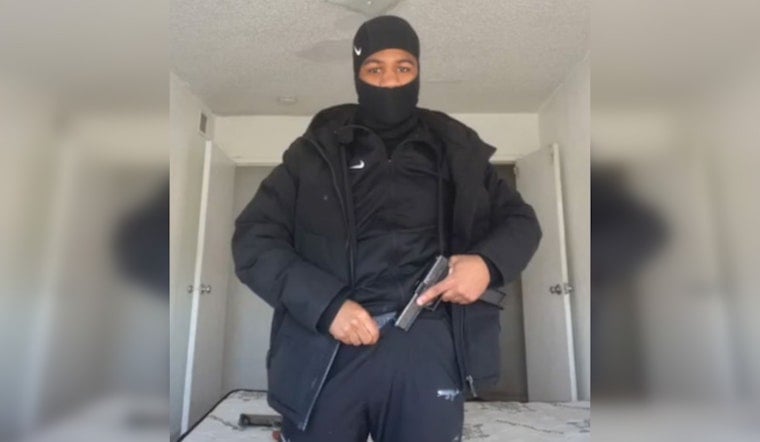
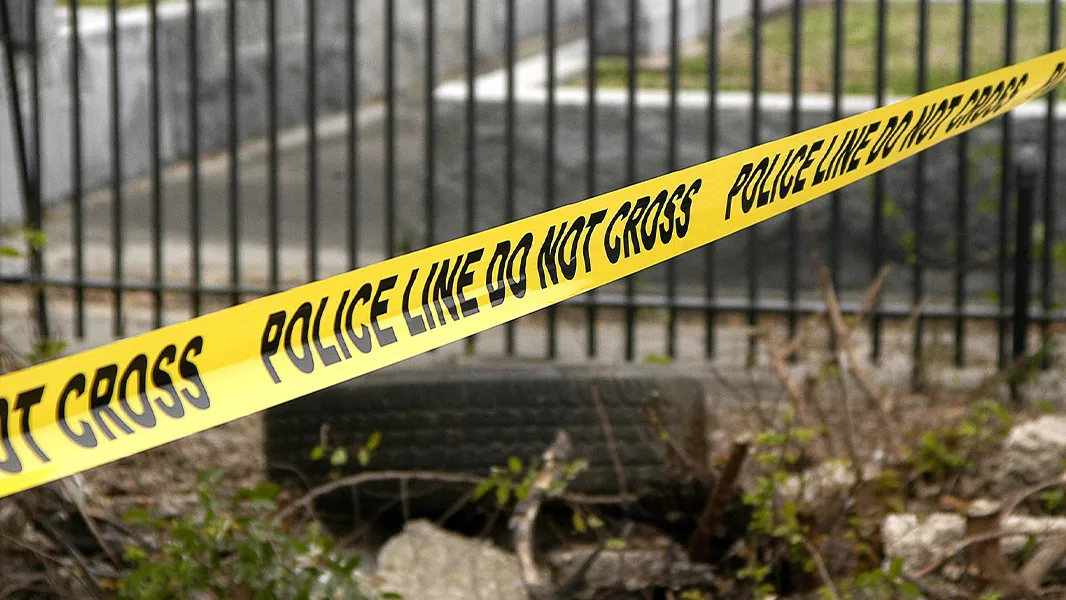
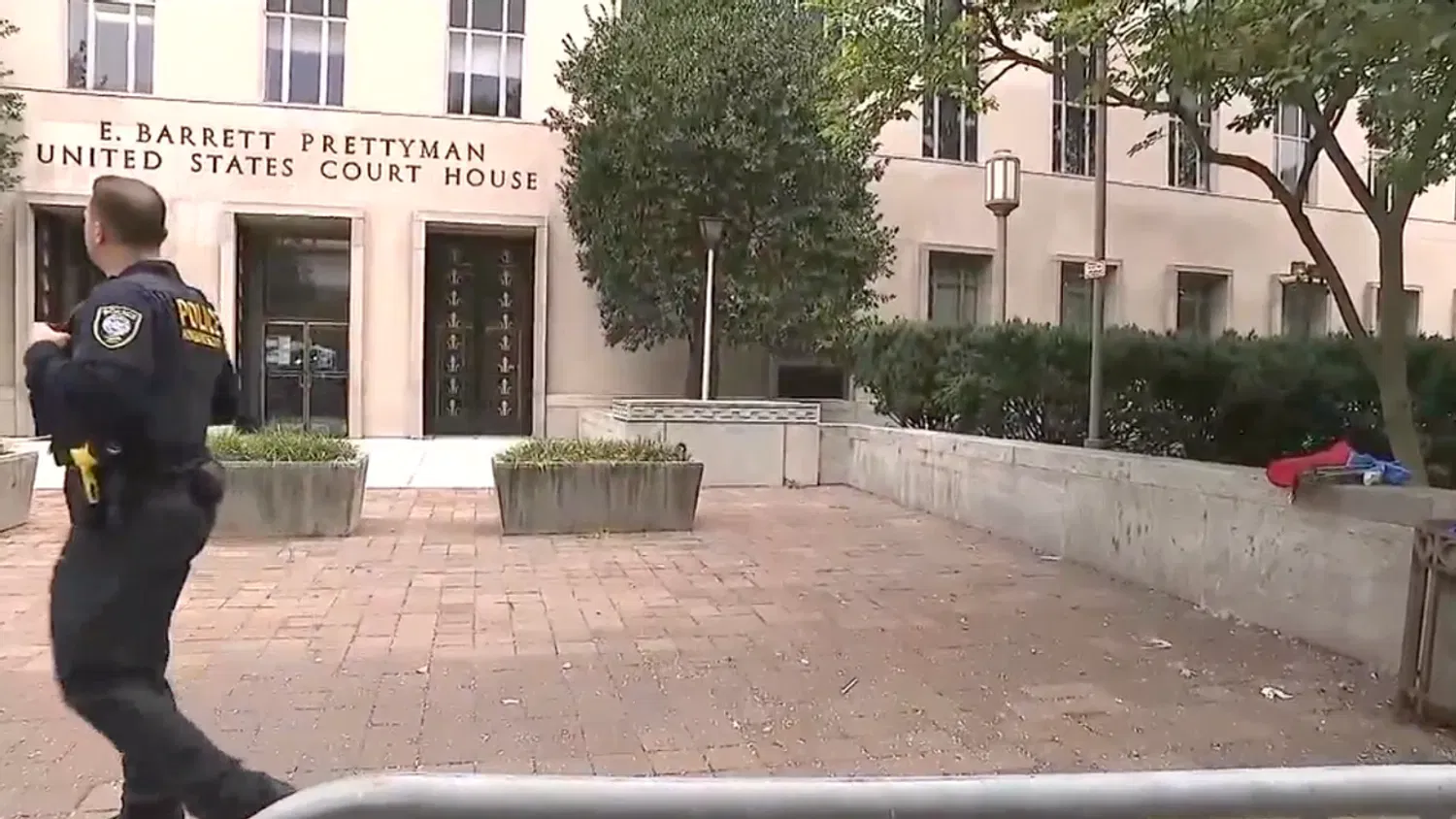
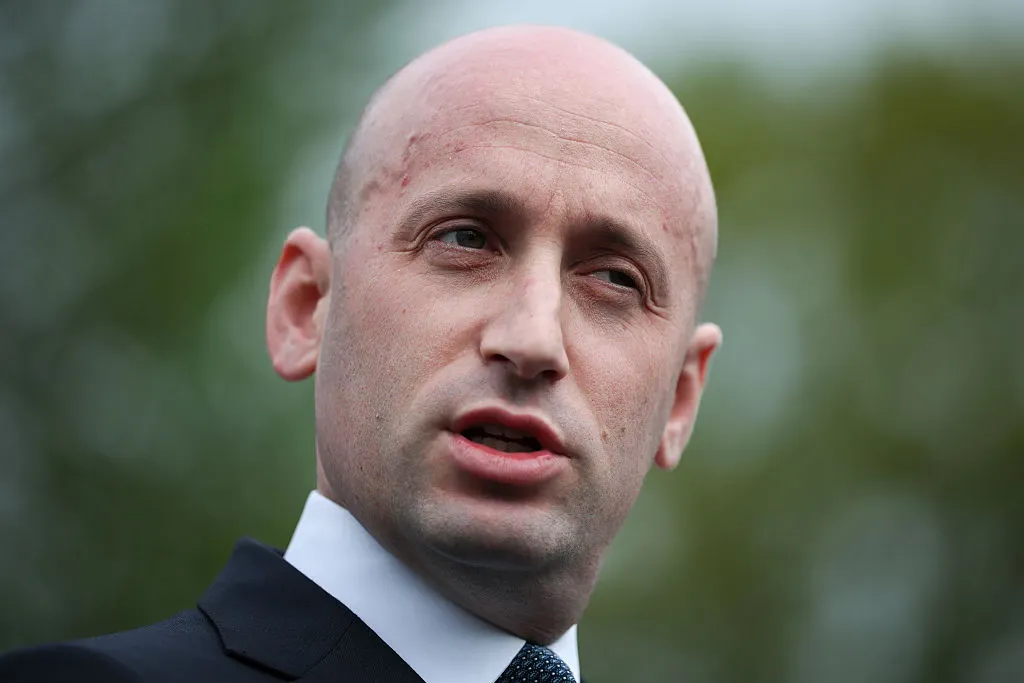
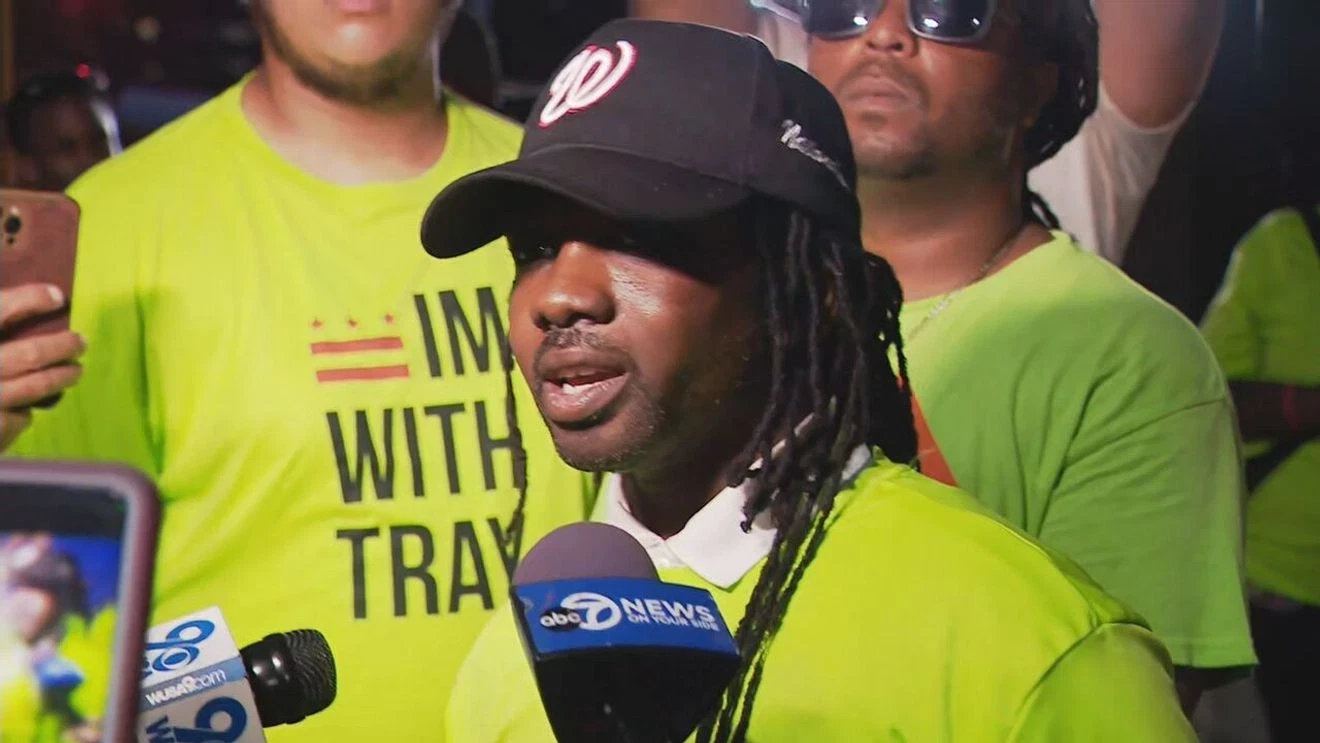
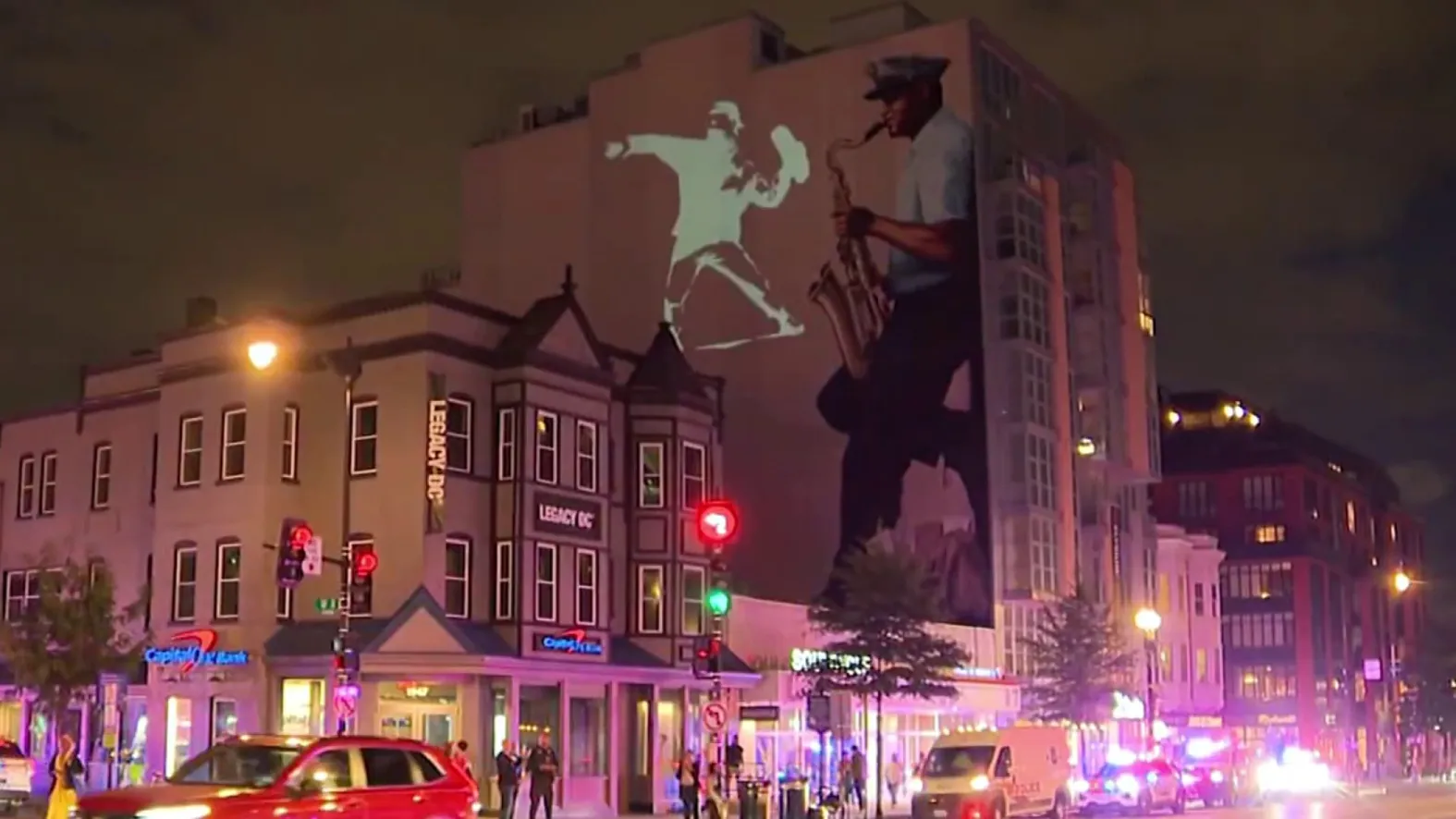
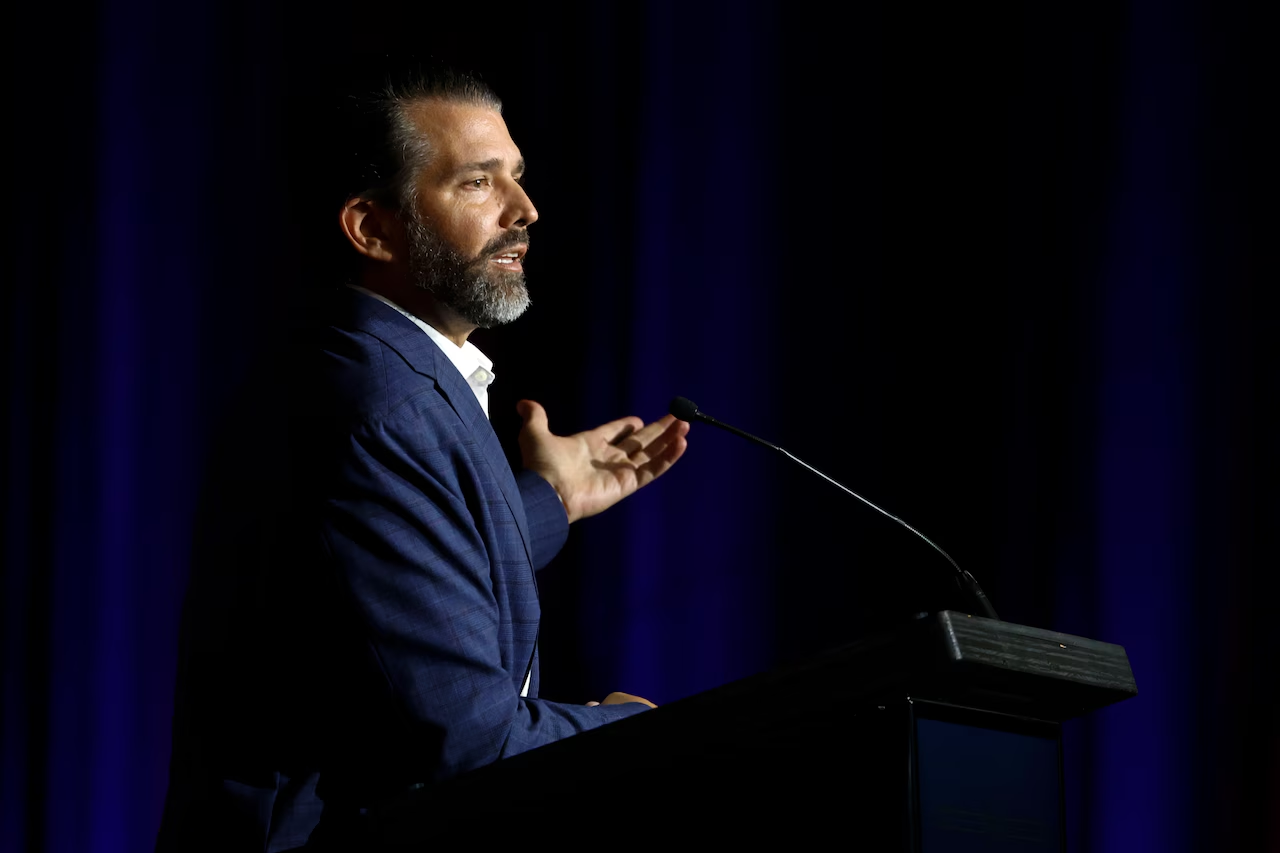
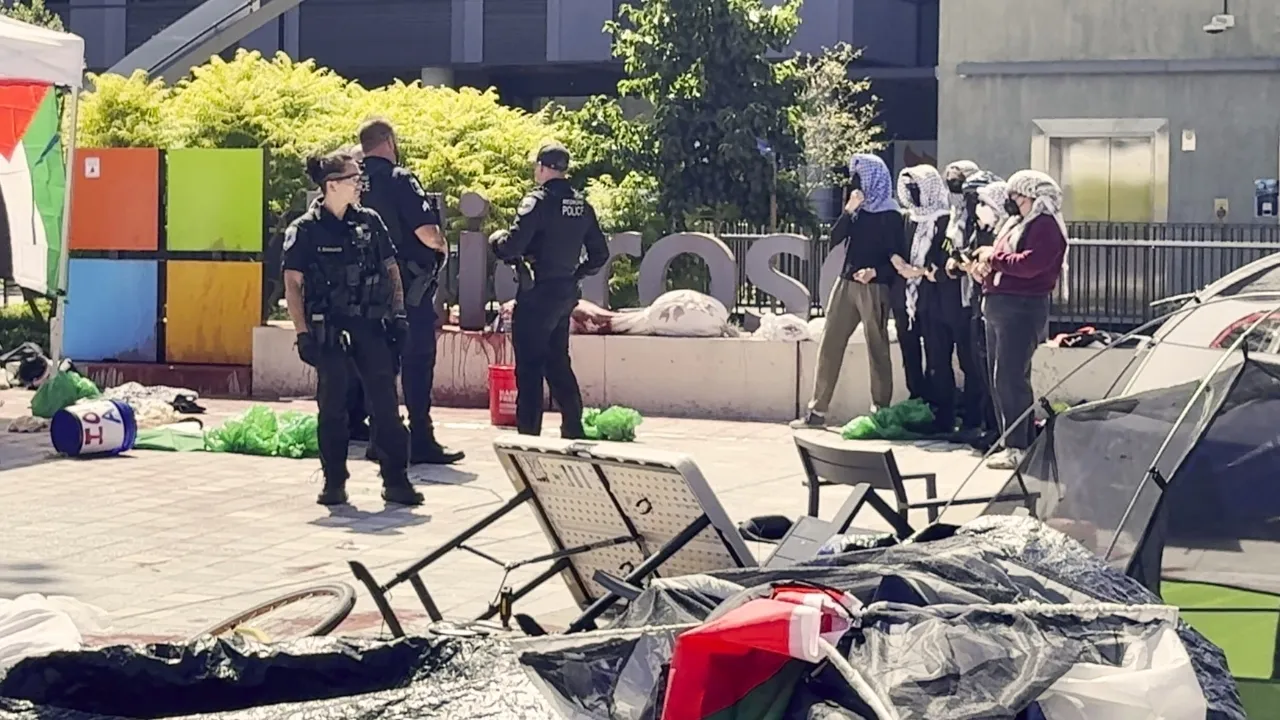
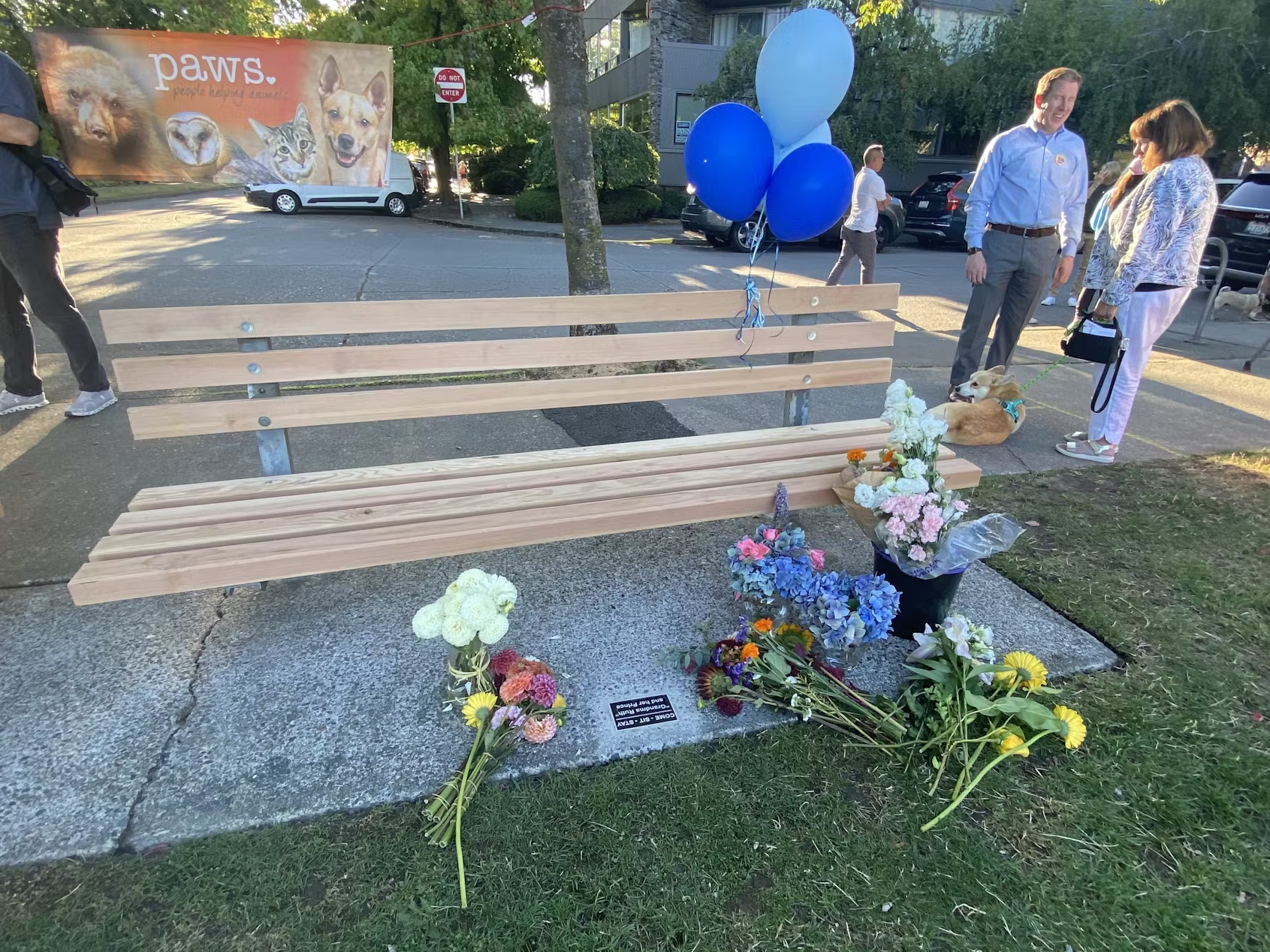
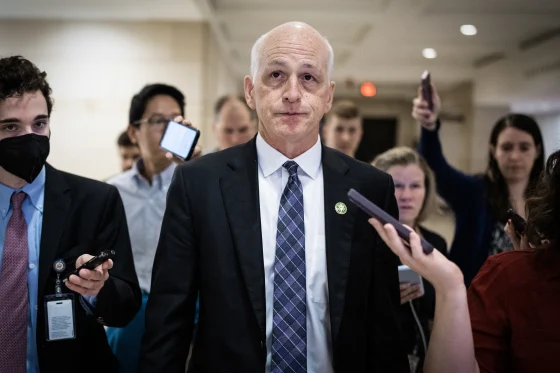
Leave a Reply